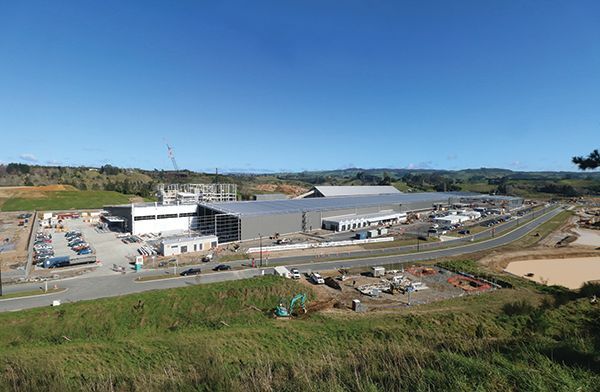How To: Write A CV
Your CV needs to be an honest and authentic assessment of your work history; avoid embellishing or exaggerating your skills and experience level as these can be exposed as untruths and will undermine your genuine star power.

There’s something quintessentially Kiwi about not wanting to “go loud” about our accomplishments or achievements, but we must tell you; writing a CV (or resume) is not the place to be humble.
As recruiters, what makes a CV really stand out is a balance of personality and a robust summary of what you’ve done in your career so far. We know that the current employment market is very much in favour of the job seeker, but it’s important to put your best foot forward so a recruiter (or hiring manager) judges you appropriately so your dream job doesn’t slip through your fingers due to a sub-par CV.
Your CV needs to be an honest and authentic assessment of your work history; avoid embellishing or exaggerating your skills and experience level as these can be exposed as untruths and will undermine your genuine star power.
Beyond being honest, these are our top tips for anyone creating their CV from scratch or updating their most recent work experience.
Top Tips for Writing a Great CV
- First Impressions Count
It takes a mere 20-seconds for someone to scan your CV and decide if they want to bother reading it in more detail so here’s how to avoid an instant dismissal:
✅ Use a font that's easy to read and stick to one size font for headings and one size for paragraphs.
✅ White space is your friend! Keep your sentences short, breaking up big blocks of text into bite-sized paragraphs - bulleted lists are great.
✅ Pay attention to spelling and grammar - avoid txt language, slang, and jargon.
✅ Send your CV as a PDF, unless otherwise specified in the job advert. - Dates Are Important
Don’t make a recruiter or internal hiring team guess what you’ve been up to! Include a clear timeline of your work history and if you’ve had a break between jobs, don’t be afraid to include a sentence explaining why. - Personality Matters
You are more than your skills and work experience so it’s important that your CV reflects who you are as a person.
Finding a balance between professional formality and personality can be hard, but an easy way of ticking this box is to include an “A Bit About Me” section where you can give prospective employers a glimpse into who you are and what makes you tick.
Culture and values fit are an increasingly important part of the recruitment process and this helps to differentiate you from the rest. - Highlight Results and Achievements
Summarising your work experience accurately is vital as your skills and knowledge base are going to be a major factor in whether you’re called in for an interview or not. One way of giving yourself an edge is to include a brief sentence or two about something you achieved or a highlight you’re particularly proud of while you were in that role.
Look beyond your KPIs and think about the choices and challenges you faced and how you (and your team) overcame adversity. - Customise Your Content
If the job you’re going for asks for specific skills and experience that you know you have, emphasise these and provide proof of your expertise.
This could be your one shot to convince the hiring manager that they need you to join their team so don’t be shy about going loud about why you’re exactly what they’re looking for. If they’ve asked for experience in a particular software or knowledge in a precise area that you have, make a point of showcasing these skills.
Popular opinion is to keep your CV short and sweet, so if you’ve got more you want to say about why you’re the one that the hiring manager should want then be sure to include that in the cover letter.
Our team sees hundreds of CVs every year and their confidence is instantly boosted when a job seeker submits a CV that paints a clear picture of their capabilities and competencies. It can be a struggle to promote you as a potential candidate when the documentation doesn’t speak to your viability for the role.
Do yourself (and the people screening your application) a favour and make sure your CV sets yourself up for success.
Ngā mihi nui
p.s. Here's a helpful "How To Guide" with these tips & tricks showcased on one easy page!


Contact Us
Have a question?We’re here to help. Send us a message and we’ll be in touch.










